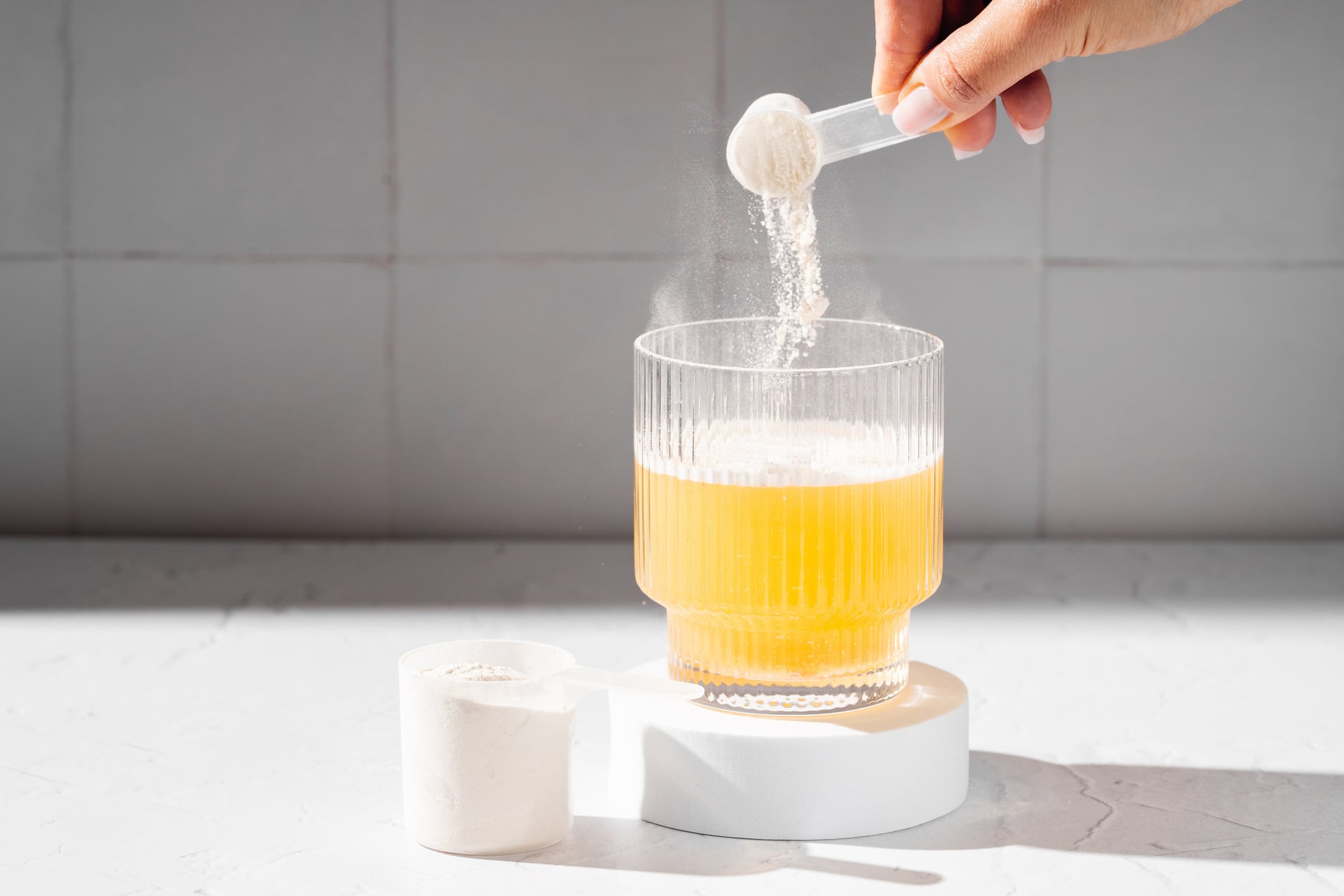As Dr. Stephen Daniells, Editor in Chief of NutraIngredients, told the audience, consumer research that included 6,000 respondents across Europe, Asia and the United States, highlighted an evolving global attitude towards sleep - that it has become the top-rated global health goal.
“Getting better sleep” was a particularly high priority among younger consumers, and while priorities shifted somewhat by country, even across different regions, that theme held consistent.
Data also showed that consumers are increasingly using health tracking tools to gain personal insights that encourage healthier habits, and both average users (34%) and more dedicated ‘better sleep’ consumers (39%) actively engage in fitness tracking.
Additionally, more than half (54%) of health and fitness app users actively purchase app-recommended products, such as supplements, sports nutrition items, or meal plans, at least once a year. A significant 33% make these purchases monthly, while another 47% do so quarterly, showing that many users turn to these apps for regular guidance and trusted product suggestions.
However, the same survey found that while ‘better sleep-needing’ consumers are engaging with sports nutrition products, they are particularly focused on protein-based offerings at a higher rate than the average consumer.
Protein bars, powders and snacks topped the list, with this cohort consistently over-indexing by a few percentage points in each category. Energy shots and creatine also showed stronger appeal among these consumers.
So why are the the sleep-seeking consumers not engaging with products that support their health goals?
Holland & Barrett on consumer communication
In a presentation on how different generations are engaging with the sports and active nutrition market, Mark Evans, senior scientist at Holland & Barrett, spoke about creating efficacious products and how to effectively communicate benefits to the right consumer.
The space has undoubtedly evolved to no longer solely target athletes, as people are realizing that physical activity is essential for general health.
“Consumers today are increasingly aware of the relationship between exercise and broader aspects of life: mobility, joint health, energy, and even mental health,” he said. “Protein continues to boom, and caffeine still dominates energy products, but we’re also seeing growing interest in how exercise relates to things like sleep and stress.”
However, there is a real disconnect between the purchasing patterns of the active consumer and what they report as a key area of attention.
“One thing that stood out in the Lumina Intelligence data was that sleep ranked as one of the top three reasons why people seek out health products. Yet, sleep-related products are not as commonly purchased.
“So that raises a question: Is the protein category still so dominant because consumers are being underserved in other areas? Or are we not doing enough to communicate the value of other product categories?” asked Evans
“Brands need to start with the end goal in mind. Product communication shouldn’t be an afterthought, it should be part of the development process from day one.”
Market growth and emerging trends
The global sports nutrition market has surpassed USD 30 billion and is growing at a double-digit rate annually, said Aishwarya Rajpara, consultant at Euromonitor, making it one of the fastest-growing consumer health categories. And according to Euromonitor’s recent Nutrition and Health Survey, 60% of consumers define health as mental well-being, and 44% say they are prioritizing lowering stress levels.
The link between sleep and mental health is well established. While around 30% of adults regularly get less than the recommended seven hours of sleep and non-restorative sleep affects 10% to 30% of people, these disturbances significantly impact physical, mental and emotional health.
Furthermore, according to the 2024 annual round-up by wearable tech giant Whoop, the top recovery-boosting behavior is getting good sleep, which can improve post-activity recovery by anywhere from 10-14% (Ahmed, W. & Capodilupo, E. (2024) “2024 Year In Review”, WHOOP Podcast).
During a panel discussion on The State of the Market, Nick Morgan, managing director of Nutrition Integrated, identified that there is a clear gap in the market for products that cater to a broader definition of performance beyond traditional sports nutrition.
“We often overlook how critical communication is in innovation, you know how we present and frame products,” he said.
“Although now we’re starting to see some products emerging that support smart nutrition and foundational health throughout the day, like sleep aids built into bars, and these kind of products seem to fit emerging consumer needs.”



